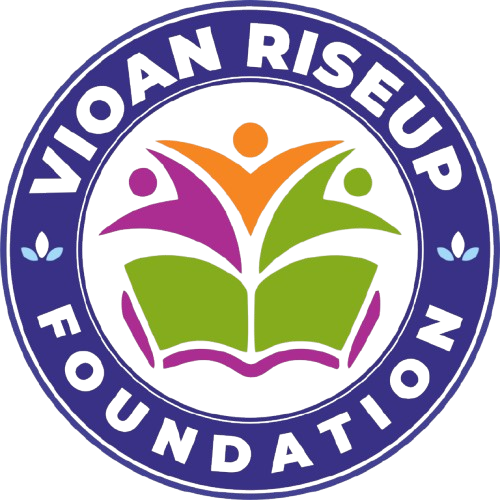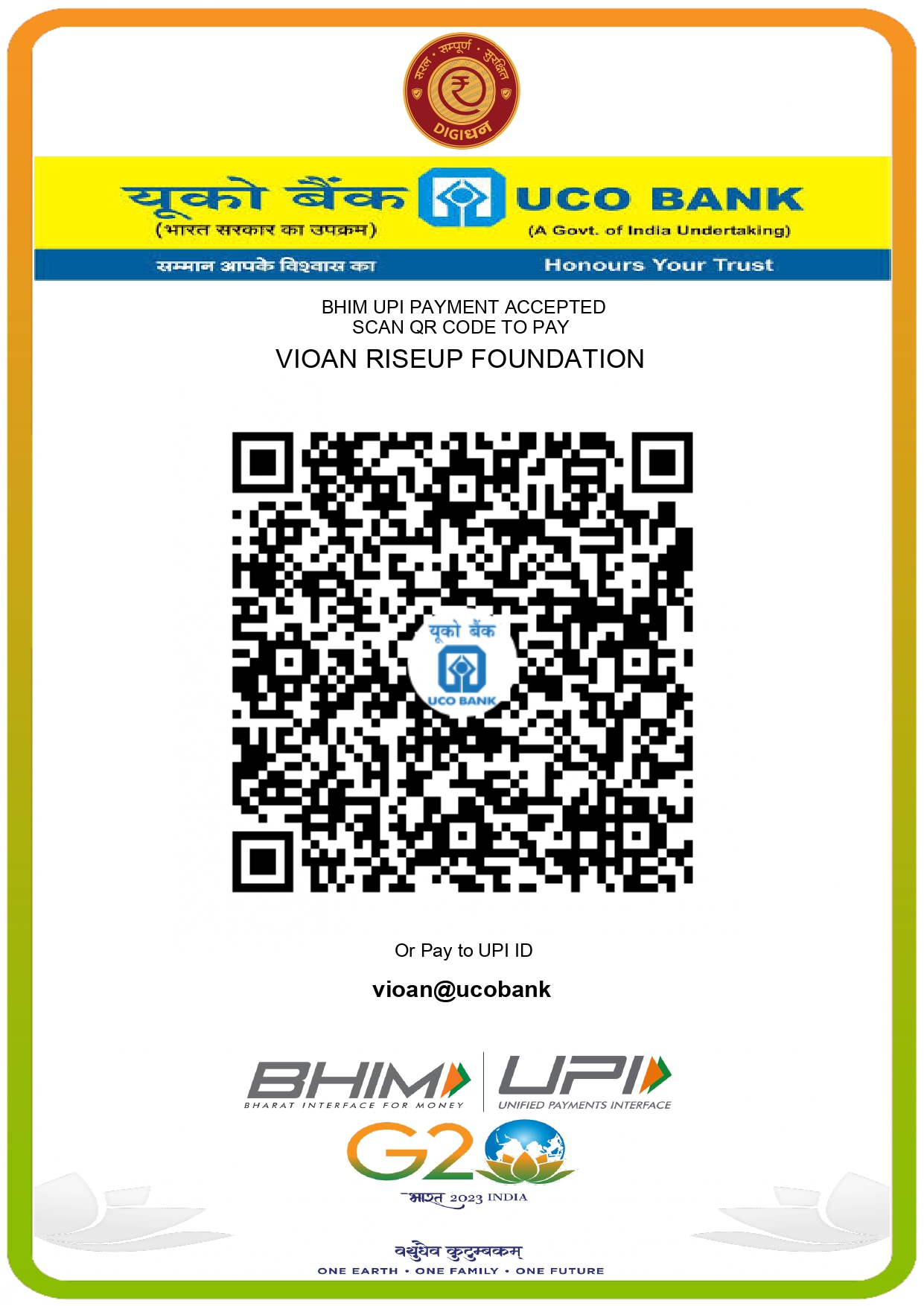Introduction
Skill development is the process of acquiring and enhancing abilities, knowledge, and expertise to excel in various areas of life, such as personal growth, education, and career advancement. It is a lifelong journey that empowers individuals to adapt to changing environments, achieve goals, and contribute to society.
1. Why is Skill Development Important?
- Improves Employability: Equips individuals with the skills needed to succeed in the job market.
- Boosts Confidence: Enhances self-esteem by fostering competence in specific areas.
- Supports Career Growth: Opens doors to new opportunities and promotions.
- Fosters Adaptability: Prepares individuals to navigate technological advancements and industry changes.
- Encourages Personal Growth: Helps in achieving personal goals and fulfilling potential.
2. Types of Skills to Develop
a. Hard Skills
- Specific, teachable abilities, such as:
- Coding, graphic design, or data analysis.
- Foreign language proficiency.
- Accounting or project management.
b. Soft Skills
- Interpersonal and emotional skills, such as:
- Communication and teamwork.
- Leadership and problem-solving.
- Time management and adaptability.
c. Life Skills
- Skills that enhance everyday living:
- Financial literacy.
- Cooking and home maintenance.
- Emotional intelligence and stress management.
d. Digital Skills
- Essential in the modern world:
- Proficiency in office software (e.g., MS Excel, Word).
- Social media management.
- Cybersecurity basics.
3. Steps for Effective Skill Development
a. Identify Your Goals
- Assess your personal or professional aspirations.
- Choose skills that align with these goals.
b. Evaluate Your Current Skills
- Identify strengths and areas for improvement.
- Use feedback from peers, mentors, or assessments.
c. Create a Learning Plan
- Break your goal into smaller, actionable steps.
- Allocate time for consistent practice and learning.
d. Utilize Learning Resources
- Take advantage of online courses, workshops, and tutorials.
- Read books, listen to podcasts, or attend seminars.
e. Practice Regularly
- Apply new skills in real-life scenarios.
- Seek opportunities for hands-on experience.
f. Seek Feedback
- Regularly evaluate your progress.
- Accept constructive criticism to refine your skills.
4. Tools and Resources for Skill Development
- Online Learning Platforms: Coursera, Udemy, Khan Academy, LinkedIn Learning.
- Books and Articles: Industry-specific guides and self-help books.
- Mentorship Programs: Learn from experienced professionals.
- Workshops and Seminars: Gain practical insights and networking opportunities.
- Apps and Software: Tools like Duolingo for language learning or Canva for graphic design.
5. Benefits of Lifelong Learning
- Keeps your knowledge up-to-date.
- Increases adaptability in an evolving job market.
- Enhances mental agility and creativity.
6. Overcoming Challenges in Skill Development
- Time Constraints: Prioritize learning by scheduling regular time slots.
- Lack of Resources: Leverage free or low-cost online tools.
- Fear of Failure: Embrace mistakes as part of the learning process.
7. Future Skills in Demand
- Data Analysis and AI: Understanding data and working with artificial intelligence.
- Sustainability Skills: Knowledge of eco-friendly practices and policies.
- Cybersecurity: Protecting digital information and systems.
- Emotional Intelligence: Navigating workplace relationships and team dynamics.


